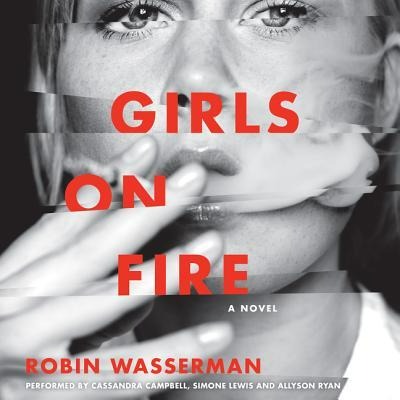Buy this from Bookshop.org to support local bookstores and the Lesbrary! Two teen girls, Hannah Dexter and Lacey Champlain, become obsessively attached to each other in their rebellion and vengeful agenda against Nikki Drummond. Then dark secrets about what happened to Craig, the boy found dead at the beginning of the novel, begin to unravel,Read More
